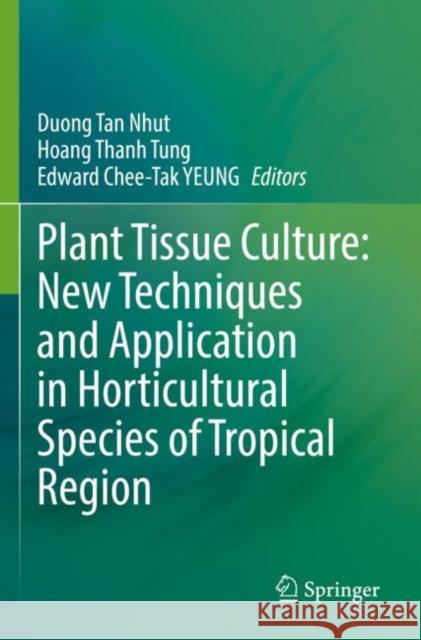Plant Tissue Culture: New Techniques and Application in Horticultural Species of Tropical Region » książka
topmenu
Plant Tissue Culture: New Techniques and Application in Horticultural Species of Tropical Region
ISBN-13: 9789811665004 / Angielski
Plant Tissue Culture: New Techniques and Application in Horticultural Species of Tropical Region
ISBN-13: 9789811665004 / Angielski
cena 806,99
(netto: 768,56 VAT: 5%)
Najniższa cena z 30 dni: 771,08
(netto: 768,56 VAT: 5%)
Najniższa cena z 30 dni: 771,08
Termin realizacji zamówienia:
ok. 22 dni roboczych.
ok. 22 dni roboczych.
Darmowa dostawa!
Kategorie:
Kategorie BISAC:
Wydawca:
Springer
Język:
Angielski
ISBN-13:
9789811665004











